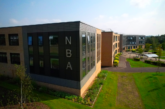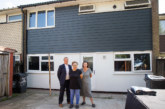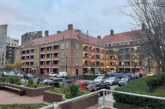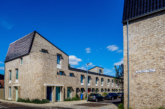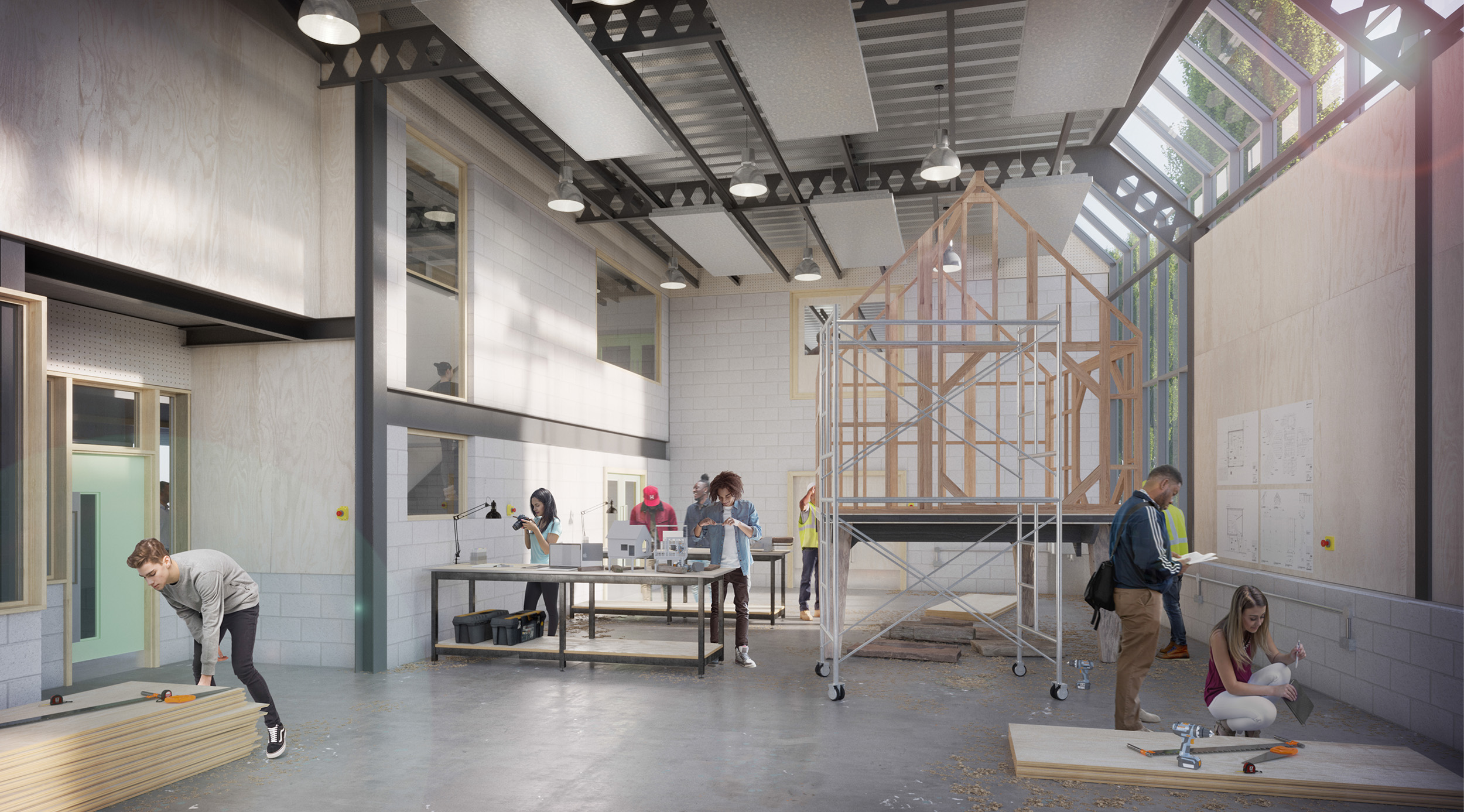
Workshops and studios spaces at Kingston School of Art are undergoing a major overhaul as part of a refurbishment project due to be completed by 2019.
The works will see the exterior of the building receive an aesthetic upgrade while the interior will be transformed to provide the best possible environment for the faculty’s array of designers, artists and architects. Set to be completed by December 2019, the £30m project will provide vastly improved workspaces for students with increased flexibility of studio spaces and efficient use of specialist areas.
Kingston University’s Vice-Chancellor Steven Spier commented: “The refurbishment at Kingston School of Art demonstrates our commitment to the ethos of thinking through making and the value of studio-based learning.
“We are providing a building suitable for the next generation of creative practitioners — across the University we are investing to give students the resources they need to support learning.”
The 8,100m² building has been designed to the highest technical, sustainable and environmental specifications. The energy-efficient design will reduce energy use by the equivalent annual emissions of 21 United Kingdom homes — making an important contribution to the University’s overarching target of a 35% reduction in CO2 emissions by 2020.
It will meet the BREEAM Excellent standard and is currently on track to join an exclusive group of university buildings rated Outstanding, becoming the first Kingston University building to achieve the garland.
The refurbishment includes an array of features to protect the surrounding environment, including the University’s first purpose-built lightweight biodiverse green roof. The structure will be a haven for insects, complementing existing biodiversity initiatives on campus. In addition, internal blinds linked to the building control system will reduce light spill onto ecologically sensitive areas on the nearby Hogsmill River.
Particular attention has been paid to the quality of natural light throughout the site; LED lighting linked to daylight sensors reduce the amount of artificial light when incoming daylight is strong enough. Glazing shades built into the new façade will reduce overheating in the summer, while natural ventilation has been incorporated into the design wherever possible.
A new outdoor terrace will lend itself to alfresco teaching, creating a space that will encourage students from different courses to share in their fellow creators’ work.
Senior Project Manager Paul Millard said: “The redevelopment of the New Extension Building will greatly enhance the efficiency of space use within the current building.
“Replacement of large sections of the exterior and building services will greatly improve levels of natural daylight and allow for greater temperature control, while also creating outdoor teaching space that does not exist at present.”
Architecture firm Haworth Tompkins has overseen the design of the buildings and construction company Overbury has been appointed by the University to carry out the onsite work, which started at the beginning of this year.
Bob Banister, Managing Director at Overbury, explained: “We’ve begun a two-year upgrade to transform parts of the campus which have reached the natural end of their design life. This project will create state-of-the-art education facilities to help establish the University’s newly launched Kingston School of Art. The space will showcase and complement the academic offering at Kingston University, providing the brilliant minds of the art school with the best possible learning environments, specialist areas, studios and workshops.”
The refurbishment work at Kingston School of Art forms part of a 10-year major transformation programme undertaken to enhance the teaching and learning experience. Construction work is also underway at the Penrhyn Road campus, which will see the unveiling of a new flagship building named Town House, designed by RIBA award-winning architects Grafton. The ambitious new structure will include a performance space, learning resource centre, specialist learning spaces and cafes.



